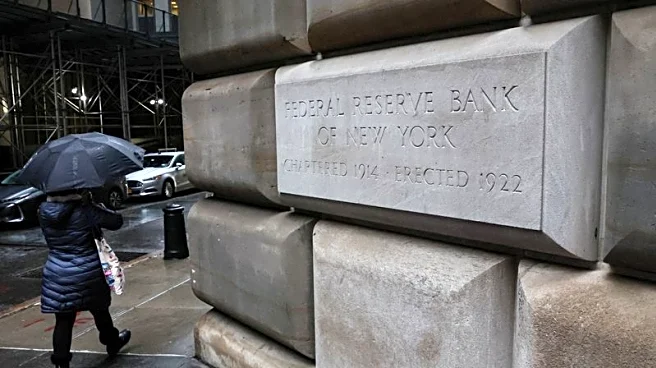What's Happening?
On September 19, 1796, President George Washington's farewell address was published, marking a significant moment in U.S. history. In his address, Washington advised the nation to maintain good faith and justice towards all nations and to cultivate peace and harmony. This historical document has been celebrated for its wisdom and foresight, offering guidance on foreign policy and national unity. The address remains a cornerstone of American political philosophy, reflecting Washington's vision for the country's future.
Why It's Important?
Washington's farewell address is a foundational text in American history, providing insights into the principles that shaped the nation's early foreign policy and governance. It serves as a reminder of the importance of diplomatic relations and national unity, values that continue to resonate in contemporary political discourse. The address has influenced generations of leaders and policymakers, emphasizing the need for ethical conduct and peaceful coexistence. Its enduring relevance highlights the timeless nature of Washington's advice and its impact on shaping the U.S.'s role in the world.
Beyond the Headlines
The address also offers a deeper understanding of Washington's concerns about political factions and the potential dangers of sectionalism. His warnings against entangling alliances and excessive party spirit reflect challenges that remain pertinent in modern politics. The document encourages reflection on the ethical and cultural dimensions of leadership and governance, urging citizens and leaders alike to prioritize the nation's long-term stability and prosperity. Washington's farewell address continues to inspire discussions on the balance between national interests and global responsibilities.











